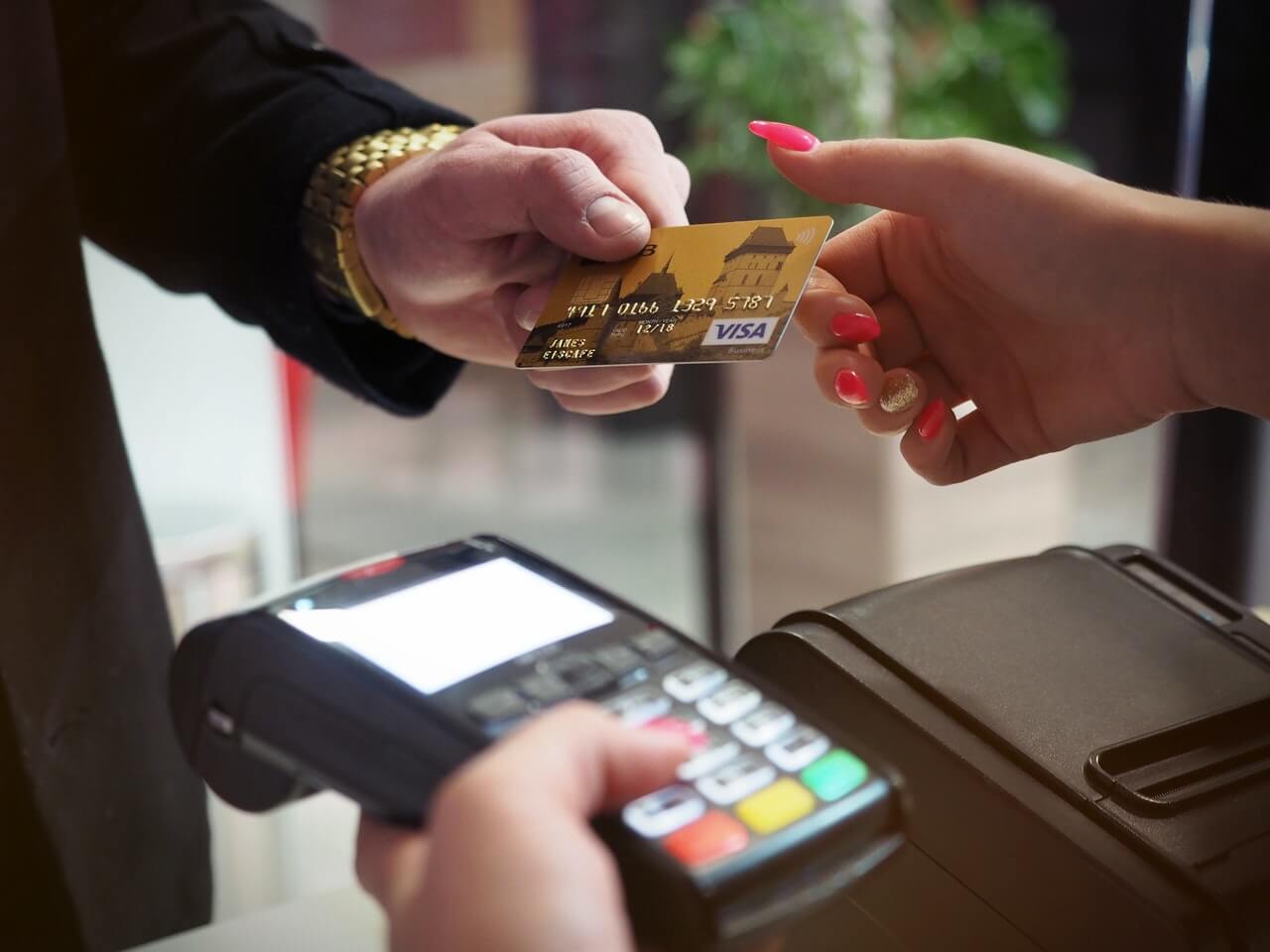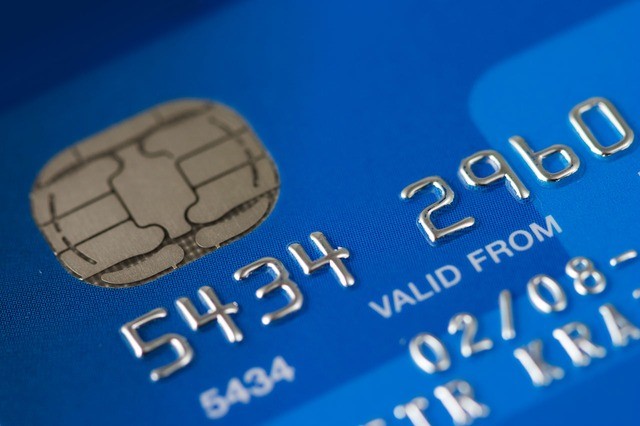Why You Should Never Carry a Balance on Your Credit Card
- Home
- Credit Cards
- Why You Should Never Carry a Balance on Your Credit Card
Why You Should Never Carry a Balance on Your Credit Card
For the longest time, people believed a credit myth as to how carrying a balance on a credit card helps build credit. But, the truth is that carrying a balance will not really help as it can end up hurting your credit score as the result.
What Happens When You Carry a Balance?
There are people who mistakenly assume that they are doing something good for their credit score when they carry a balance because the card issuers get to earn money from them through interest payments. But, that amount that interest issuers earn from you will not have any effect on your credit score. Credit scores are usually determined by numerous factors like percentage of the on-time payments.
Every time you carry a balance, you are accruing interest based on your card’s APR or annual percentage rate. When you got a zero-interest introductory offer, you will not be charged interest for a certain timeframe. But, the moment the APR has kicked in, you will have to pay interest which is about 15% on average for every credit card on remaining and new balance.
Aside from this, there might also be negative impacts on your credit. Carrying an excessively balance can lead to high credit utilization rate, which is the percentage of the total credit limit that you are present using. This then lowers your score as a result. In general, your goal must be a credit utilization rate of lower than 30%.
You Don’t Have to Carry a Balance Just for Your Card to Stay Active
Some people see to misinterpret the advice given to them. They are confused between having a balance and showing lenders that you are using credit. While timely repayments and regular use help make lender see that you are a responsible borrower, you can still prove your creditworthiness with no need to pay even a single penny of interest.
While it is a must to keep a card active, there are still a lot of ways to do it with no need to carry a balance. One of the easiest and simplest ways will be to use your card for automatic payments of small recurring expenses that you pay every month. There are checking accounts that you can set up to pay the bill on your credit card in full once it is due which can automate the entire process.
When your card stays inactive, the issuer might end up losing the card or they can also report the activity of the card to credit bureaus. If it happens, the limit of the card will likely not be added to your overall credit limit. And when your balance or usage stays the same, the percentage of available credit you are using will increase and this can have a negative effect on your credit score.
If your issuer decides to close the card, the average age of open accounts you’ve got may decrease as well which can potentially end up hurting your score since the credit history length is one more factor which can be used for calculating your credit scores.





